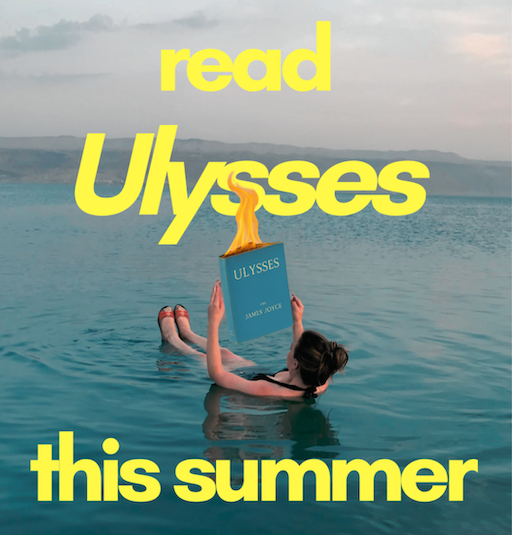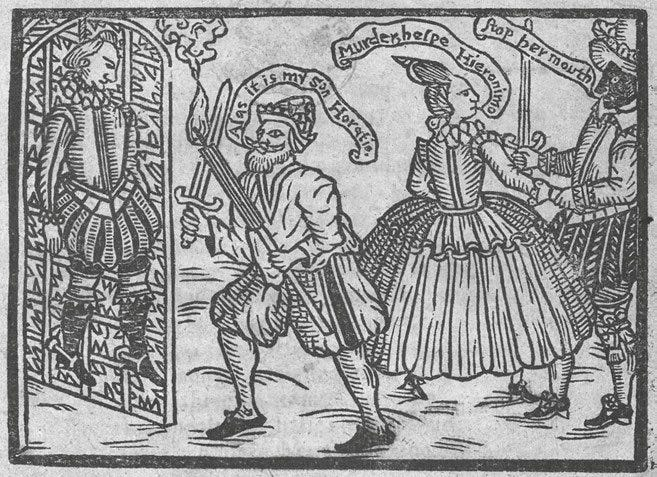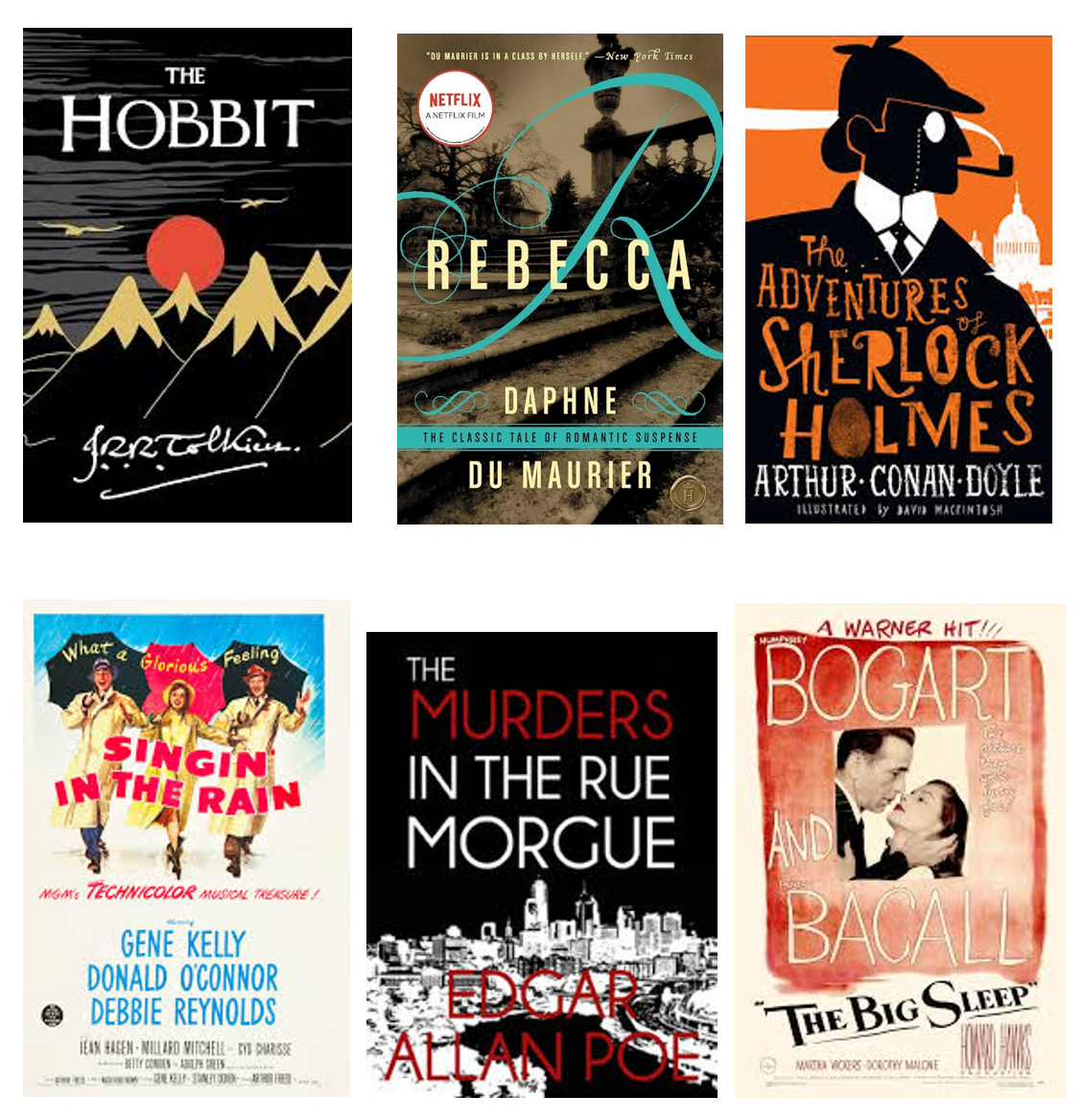
American Poetry: Professor Geoffrey G. O'Brien (Session D)
This survey of U.S. poetries will begin with 17th- and 18th-century poems by two women, Anne Bradstreet and Phillis Wheatley, move to another (19th-century) pairing in Walt Whitman and Emily Dickinson, and then touch down in expatriate and stateside modernisms, the Harlem Renaissance, and the New York School, on our way to the contemporary. Rather than cover all major figures briefly, we'll spend extended time with the work of a few: poets considered will include Paul Dunbar, Gertrude Stein, T.S. Eliot, Claude McKay, Jean Toomer, Frank O'Hara, John Ashbery, Claudia Rankine, and Layli Longsoldier. Along the way we'll consider renovations and dissipations of conventional form and meter, the task and materials of the long poem, seriality, citationality, who and what counts as a poetic subject, and how U.S. poetries have imagined community over and against their actual Americas.

Ulysses: Professor Catherine Flynn (Session D)
In this six-week in-person course, we will tackle Ulysses, Joyce’s modernist celebration of ordinary men and women. We will learn about the most intimate thoughts and actions of Leopold Bloom, Molly Bloom, and Stephen Dedalus, as well as a host of characters ranging from the mysterious Man in the Mackintosh to the dashing womanizer Blazes Boylan. As we think about Joyce’s reworking of the traditional novel, we will consider Ulysses at a variety of scales: schematic outline, narrative form, sentence, and word. Lending support to our exploration will be Joyce’s own crib notes, the 1954 and the 2024 adaptations of Homer’s epic poem Odyssey, and the Cambridge Centenary Ulysses: The 1922 Text with Essays and Notes (available online through the library).

Early Modern Revenge (Pre-1800): Miles Drawdy (Session D)
Even Francis Bacon, in an essay explicitly characterizing revenge as an illegitimate and destabilizing form of extrajudicial violence, cannot quite bring himself to say that acts of vengeance are unequivocally unjust. Rather, he writes, “revenge is a kind of wild justice.” In this course, we will explore the ambivalence of revenge—its frightening allure and its pleasing terror—by returning to the early modern theater and to those plays which sought to celebrate, to interrogate, and to capitalize upon our perennial fascination with getting even. We will read quintessential examples of the revenge tragedy genre—The Spanish Tragedy; Hamlet; The Revenger’s Tragedy—as well as seventeenth-century plays that have a more skeptical and revisionary relationship to that genre’s ideologies, politics, and themes—The Atheist’s Tragedy; The Tempest; Samson Agonistes. We will read these texts both as historical documents that capture distinctly early modern anxieties about violence and power in a moment of political instability and also as provocations that continue to inspire playgoers and readers to grapple with complex questions about the nature of revenge, the (il)legitimacy of state violence, the limits of forgiveness, the relevance of free will, and the capacity of literature to create the conditions for a more just world.

Intro to Popular Fiction: Srijani Ghosh (Session D)
By exploring four different popular genres—detective fiction, science fiction, fantasy, and romance—we will explore what makes these genres “popular” and in what ways they produce their mass appeal. Is popular fiction simply light leisure reading for the public, or does it have "literary" merit beneath the generic formulas? How do popular fictional works play an integral role in helping us understand the dynamics of gender, science, and politics of the era?
